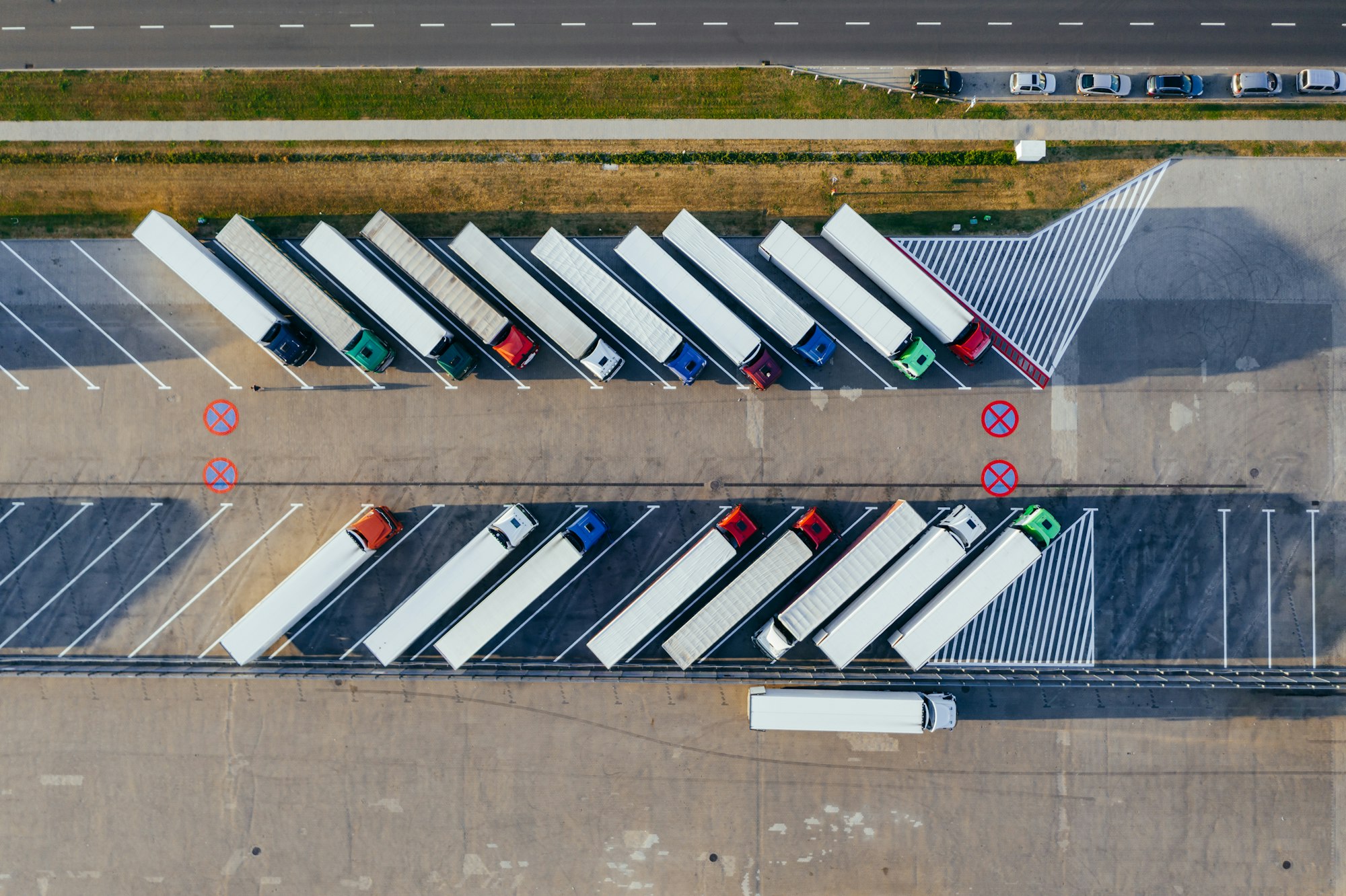U.S. administration expands supply chain datasharing to track inland ports

The Biden administration is expanding a supply chain data-sharing partnership to track global and domestic movement of goods. The Freight Logistics Optimization Works platform now includes data on inland freight hubs to better inform supply chain planning and mitigate delays. Members, including major retailers and ocean carriers, can access real-time insights on port congestion and cargo shifts. The initiative aims to provide directional insight for shippers during disruptions.
Source: Link
FAQs - U.S. administration expands supply chain data-sharing to track inland ports
Frequently Asked Questions (FAQs)
U.S. administration expands supply chain data-sharing to track inland ports
FAQ 1: What program has the U.S. administration expanded to enhance supply chain data-sharing for inland ports?
Answer: According to the Sourcing Journal link, the U.S. administration has expanded the Freight Logistics Optimization Works (FLOW) platform. This platform is designed to improve major American supply chain data-sharing, which includes tracking for inland ports.
FAQ 2: Why is the expansion of supply chain data-sharing important?
Answer: The expansion of supply chain data-sharing is critical in addressing supply chain vulnerabilities by allowing for better coordination and management of supply chains, as suggested by the "BUILDING A CLEAN ENERGY ECONOMY" guidebook from the Whitehouse. This action aims to avoid disruptions and improve efficiency, particularly in tracking and managing logistics for inland port facilities.
FAQ 3: How will Virginia's inland port benefit from the improved data-sharing initiative?
Answer: As per the Virginia Governor News Releases, Virginia is likely to benefit from data sharing, investment, and enhancement of operations at the Virginia Inland Port facility in Richmond. The state will invest $100,000 to expand operations in Fairfax County, which should complement wider efforts to improve supply chain data-sharing.
FAQ 4: What other efforts are being made by the U.S. to strengthen supply chains?
Answer: Besides expanding data-sharing, the U.S. has various initiatives like the Port Infrastructure Development Program (PIDP), administered by the Maritime Administration, aimed at developing port infrastructure. Additionally, the CTPAT (Customs Trade Partnership Against Terrorism) is a program where the Customs and Border Protection (CBP) works with the trade community to secure and enhance supply chains against terrorism and other disruptions.
FAQ 5: How does this supply chain expansion initiative align with international efforts?
Answer: The expansion links domestic efforts with international supply chain management. The REVIEW OF MARITIME TRANSPORT 2022 report by UNCTAD discusses global efforts in ports and maritime supply chains, which align with the U.S.'s goals of ensuring a secure and resilient international ocean supply chain.
FAQ 6: What documentation is relevant for importers with the enhanced focus on supply chain data-sharing?
Answer: In light of the enhanced supply chain data-sharing, "Importing into the United States A Guide for Commercial Importers" is a crucial document for importers to understand the new processes and requirements set out by CBP following the integration of homeland security functions.
Please note that these FAQs are based on the limited context provided by the search results and do not cover extensive details which may be available in other sources or updated policies.

